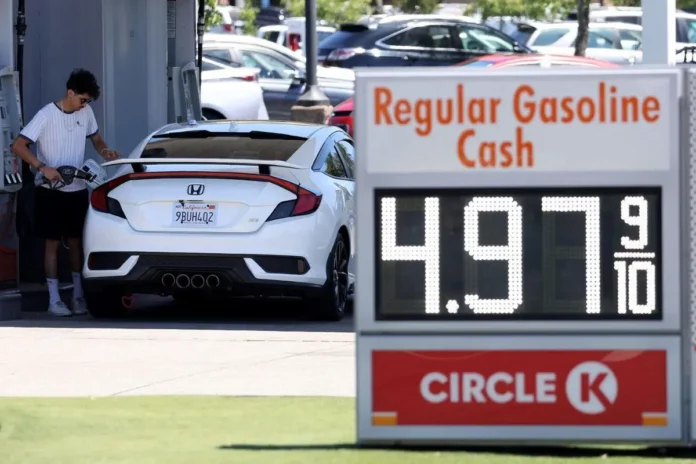House Republicans are taking action to counter California’s ban on the sale of new gas-powered cars and smaller trucks, which comes as the state leads the nation’s electric vehicle drive.
A group of four GOP members, spearheaded by Rep. John Joyce (R-PA), put forth a bill earlier this year aimed at blocking vehicle purchase requirements. The legislation successfully passed through the Energy and Commerce Committee with a 26-22 vote on Thursday and is now set for consideration by the entire House.
Rep. John Joyce expressed his concerns, stating, “California regulators shouldn’t have the power to determine what vehicles are sold to families in Pennsylvania. One state should not be able to set national policy, and Americans should not be forced into making purchases they are unable to afford.”
Also read: Restrictions on OEMS of Autonomous Vehicles by California Lawmakers
The proposed “Preserving Choice for Vehicle Purchases Act” seeks to prevent the Environmental Protection Agency from imposing bans on new vehicles with internal combustion engines.
California’s mandate, aiming for all new cars to be emission-free by 2035, has influenced over a dozen states to adopt similar regulations since its introduction last year. Recently, Connecticut also joined the transition towards electric vehicles.
Rep. Bob Latta (R-OH), a bill sponsor and senior member of the House Energy and Commerce Committee, emphasized, “The federal government should not be picking winners and losers when it comes to determining which kind of cars Americans drive – whether that’s a gas and diesel car or an electric vehicle. If the EPA grants California’s waiver request to ban internal combustion engine vehicles, Americans across the country will lose the ability to choose the vehicle that works best for them and their families.”
The bill has sparked a contentious debate over consumer choice and the role of individual states in shaping automotive policies. As the nation grapples with the transition to electric vehicles, this legislation holds significant implications for both the automotive industry and consumers nationwide.

